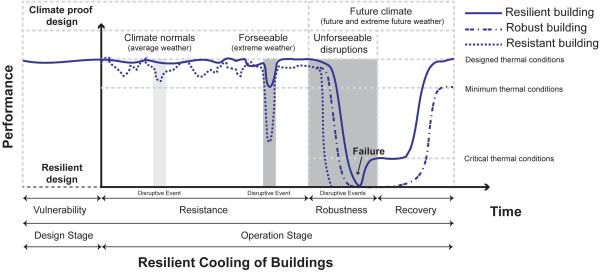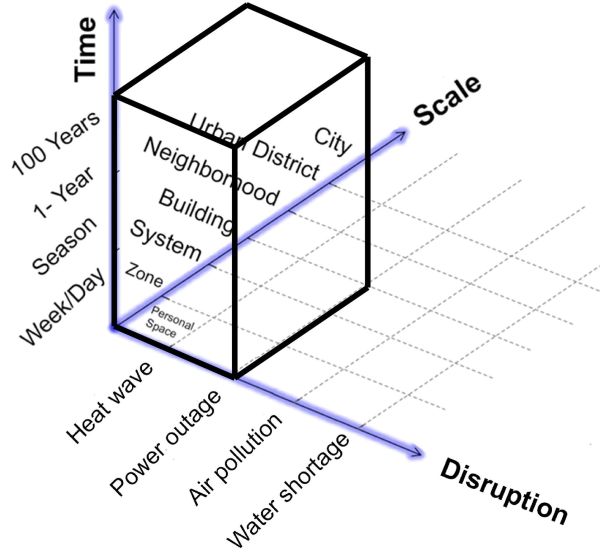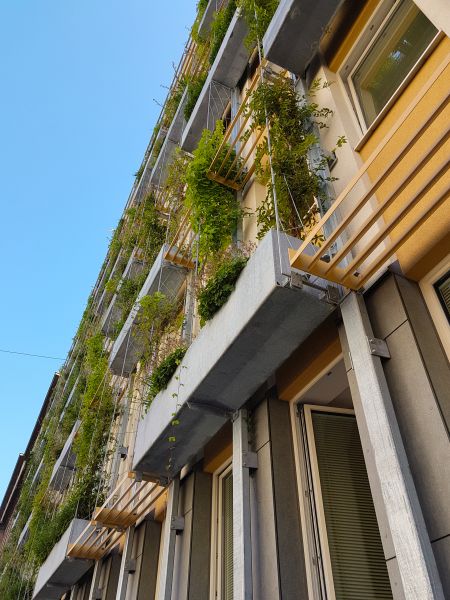IEA EBC Annex 80: Resilient Cooling for Residential and Small Non-Residential Buildings
Short Description
Urbanisation, urban densification, climate change and increased comfort requirements as well as inappropriate architectural design practices are leading to an unstoppable increase in energy consumption for cooling buildings. This challenge requires the further development and large-scale implementation of energy-efficient and resource-saving technologies in order to bring the building stock up to low-energy standards and near-zero carbon buildings.
Although a wide range of suitable solutions exist, such as cooling building surfaces (cool envelope materials), shading technologies, ventilation cooling, thermal building component activation and ground cooling, there are still practical and economic hurdles that hinder their widespread use. A lack of key performance indicators (KPIs) and design guidelines, as well as a lack of expertise in terms of system integration or insufficient consideration in national, European and international norms and standards are just some of the reasons. Through cooperation and support from the international research community, these solutions are to be further developed, knowledge transfer promoted and their economic potential utilized.
Some other technologies, such as innovative window and glazing technologies, micro-cooling, customized comfort controls and night-time radiant cooling require further research to achieve the necessary technology readiness levels.
This multidisciplinary challenge is being addressed within the framework of the IEA Annex Resilient Cooling of Buildings to support and promote the development and widespread implementation of robust and cost-effective solutions through knowledge transfer and the pooling of international research efforts.
Project Images
Terms of use: The pictures listed underneath the header “Project Pictures” originate from the projects in the frame of the programmes City of Tomorrow, Building of Tomorrow and the IEA Research Cooperation. They may be used credited for non-commercial purposes under the Creative Commons License Attribution-NonCommercial (CC BY-NC).
Participants
Australia, Belgium, Brazil, Canada, China, Denmark, France, Germany, Italy, Norway, Singapore, Sweden, Switzerland, Turkey, United Kingdom, USA
Contact Address
DI Dr. Peter Holzer
Institute of Building Research & Innovation
Wipplingerstraße 23, 1010 Wien
E-Mail: office@building-research.at
Gerhard Hofer
e7 Energie Markt Analyse GmbH
Walcherstraße 11, 1020 Wien
E-Mail: gerhard.hofer@e-sieben.at





